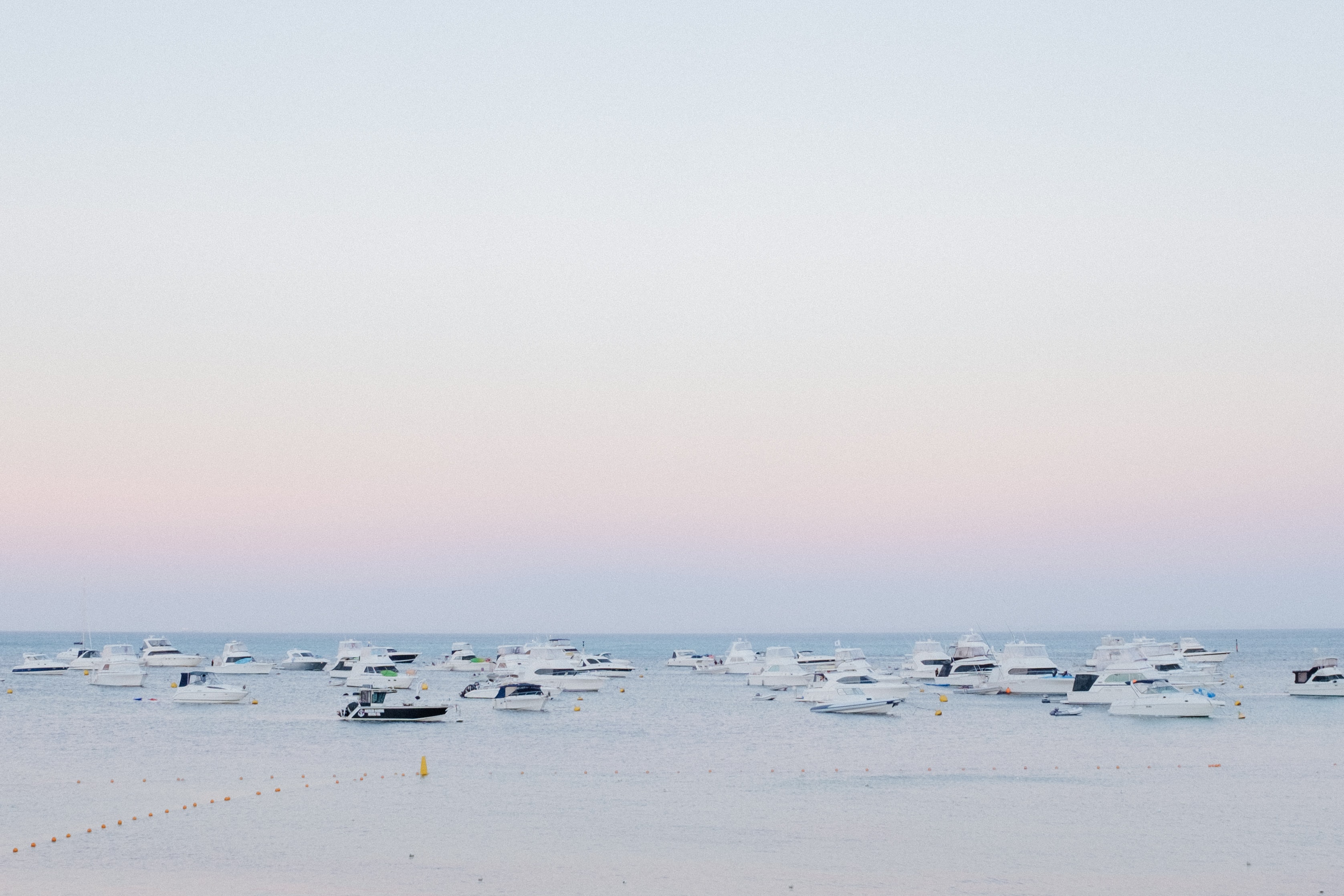
Boating in Crowded Waters
Many have chosen personal watercraft over staying inside as a result of coronavirus pandemic. Boaters should enjoy their summers, but this does raise a concern regarding safety. With heavy traffic and increased waterway activity comes more aggressive driving. It’s extra important to be present and aware of your surroundings.
We understand the desire to take a break from quarantining at home and this should not deter you from spending time boating. However, you should be aware that waters across the U.S. are becoming more perilous. According to the Coast Guard’s National Office of Boating Safety, recreational boating accidents have increased compared to the first six months of the year in 2019.
Here’s what you can do in the current boating environment to avoid an incident.
Boating Etiquette Guidelines
We all know it’s important to respect your neighbors on the water. This proves even more true given current activity levels. Here is common etiquette to follow on the water.
First, always help a boater in need. If someone breaks down, offer them assistance in any way you can. It’s dangerous to remain out in the water unable to move, with other vessels speeding around. If you are in a local lake or inlet, you can stop and offer your help. For rougher waters, offer to call the local rescue service.
Additionally, docks and marinas are even busier than usual. On a normal day, aligning your boat to the dock can get tricky. With the increased traffic, docking can be even more challenging. If a fellow boater is docking, offer a helping hand to guide them along.
Next, be extra aware of your wake. When approaching another boat, slow down to prevent your wake from disturbing others. With more boaters on the water, you may have to do this more often. Others should be doing the same for you as well. Sometimes is difficult to remember to slow down when gliding through the water, but with busier waters it is even more important.
You learn the right-of-way rules in a boating safety course. We can all get lazy and not always follow those rules to a T. Summer 2020 is not the time to do that. In a situation where it’s unclear who has the right-of-way, a good rule of thumb is to let the other boat go ahead of you. You want to avoid an accident at all costs. This will help you do that, while also being courteous to your fellow mariners.
Spatial awareness, spatial awareness, and more spatial awareness. Acting as if you’re the only one on the water can prove to be very dangerous, especially in over-crowded waters. At the end of the day, we’re all sharing the water and it’s important to be respectful of others. Tight channels, marina entrances and similar areas can be tricky when several boats are trying to go out for the day. Before hitting the open water, maintain a single-file line. If someone tries to get around you, slow down and let them go ahead.
Boating Safety Guidelines
BUY USCG-APPROVED FLOTATION DEVICES
Personal Flotation Devices (PFDs) are vital (and mandatory) components to ensure safety on the water for all passengers. The USCG has done extensive research and testing on different types of PFD’s to find options that offer exceptional performance. Here are some options.
BUY A USCG APPROVED FIRE EXTINGUISHER(S)
All boats are required to have at least one fire extinguisher and it should be inspected at least once a year. Below are the requirements for specific crafts.
- Boats with a length less than 26' must have one B-I fire extinguisher.
- 26'-40' boats must have two B-I extinguishers or one B-II extinguisher.
- 40'-65' boats must have three B-I extinguishers or one B-II and one B-I extinguisher.
WEATHER
Marine forecasts help to inform boaters of potentially adverse weather and wave conditions. The forecast will tell you wind speed and direction, wave heights and period, and shore roughness. Below are resources to check weather conditions.
- National Weather Service
- NOAA Weather Radio
HURRICANES
If your boat is located in a hurricane-prone area, it is essential to prepare for these kinds of natural disasters. Evaluate the risks based on your location, have a storage plan and supplies checklist, and protect yourself with windstorm insurance coverage.
MAINTENANCE
Taking the time to keep your boat in good condition will preserve the long-term value of your watercraft. A well-maintained boat is more likely to withstand damage from an accident.
LOAD YOUR BOAT CORRECTLY
Pay attention to the distribution of weight when loading your boat with material, equipment, and passengers. Administering the load evenly throughout the craft will ensure safety. In addition, always keep in mind the maximum persons capacity of your boat . Exceeding this limitation, even by one additional person, is extremely dangerous.
EMERGENCY POSITION INDICATING RADIO BEACON ON BOARD.
Purchase an Emergency Position Indicating Radio Beacon, if you haven’t already, and register the device at https://beaconregistration.noaa.gov/RGDB/index.
